Im Eun-Soon, Melissa Bukovsky and Csaba Torma invite abstracts to the regional climate modeling session at next year’s EGU General Assembly, 27 April – 2 May 2025 in Vienna.
CL5.4/Regional Climate Modeling, Including CORDEX
This session welcomes papers on methodological developments in regional climate modeling, performance analysis of RCMs, use of RCMs for regional processes studies, past and future climate projections as well as studies on extreme events and impact assessment. Additionally, the session encourages submissions related to the CORDEX program, including the analysis of CORDEX-CORE experiments and simulations within the framework of different CORDEX Flagship Pilot Studies. This year, in celebration of the past 15 years of CORDEX, we also welcome abstracts synthesizing domain specific achievements, progress, and challenges. We anticipate that this session will provide a platform for discussing the progress of RCM-related research and fostering future collaborations.
The abstract submission deadline is 15 January 2025, 13:00 CET. The General Assembly is being run as a hybrid conference, so you may still present in the session if you are not able to attend in person.




